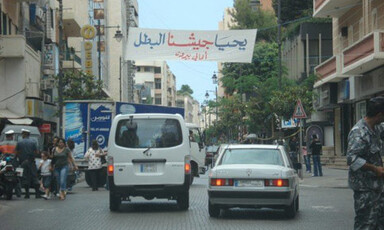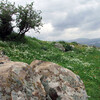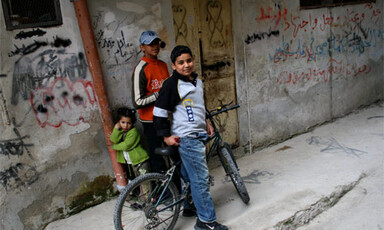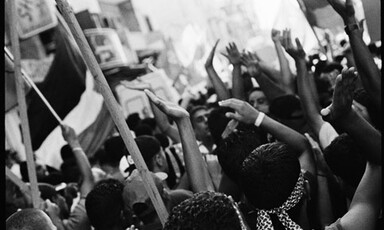
"They see us all as criminals"
Baddawi Refugee Camp 22 June 2007
Standing at the entrance to Nahr al-Bared Camp a week ago in the still, oppressive heat waiting with Fatme for her sister and her nieces to be evacuated, we watched as two large army trucks emerged from the camp. Though the backs of the trucks were covered with tarpaulin and soldiers forbade the assembled journalists from filming, as the trucks roared by we could see that each contained about thirty men and boys, handcuffed, some blindfolded, most with their heads bent down towards their laps. Caoimhe Butterly describes the experiences of Nahr al-Bared refugees who have been arrested, beaten and humiliated by Lebanese forces. Read more about "They see us all as criminals"








